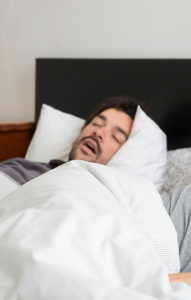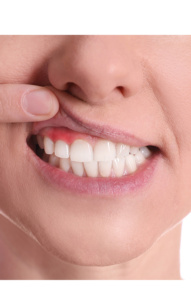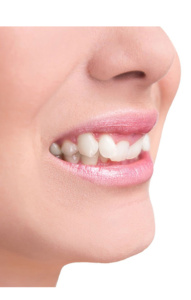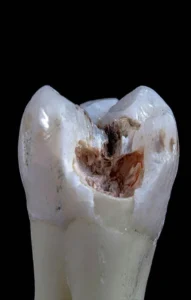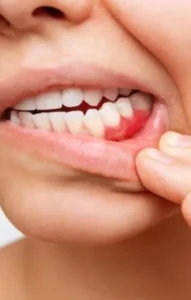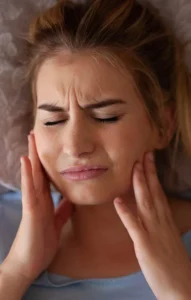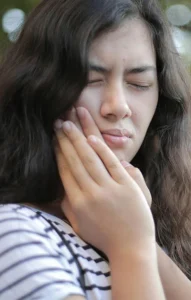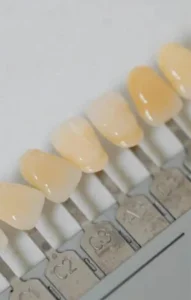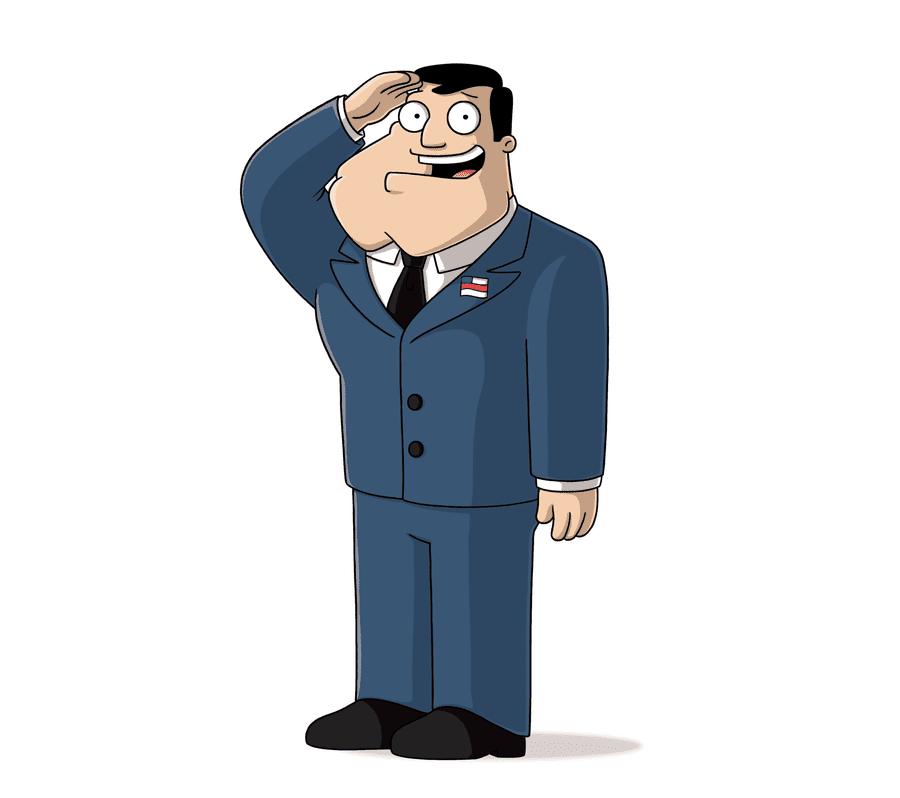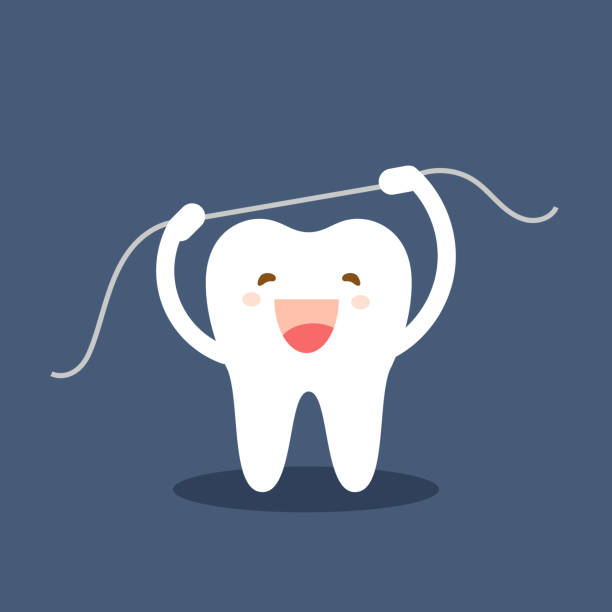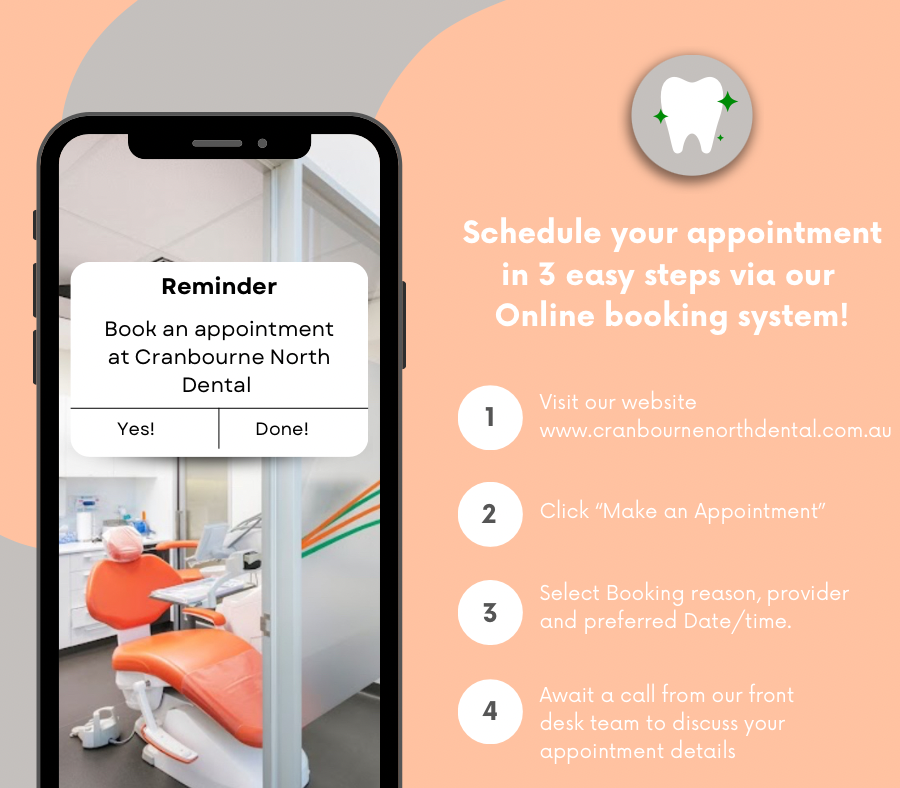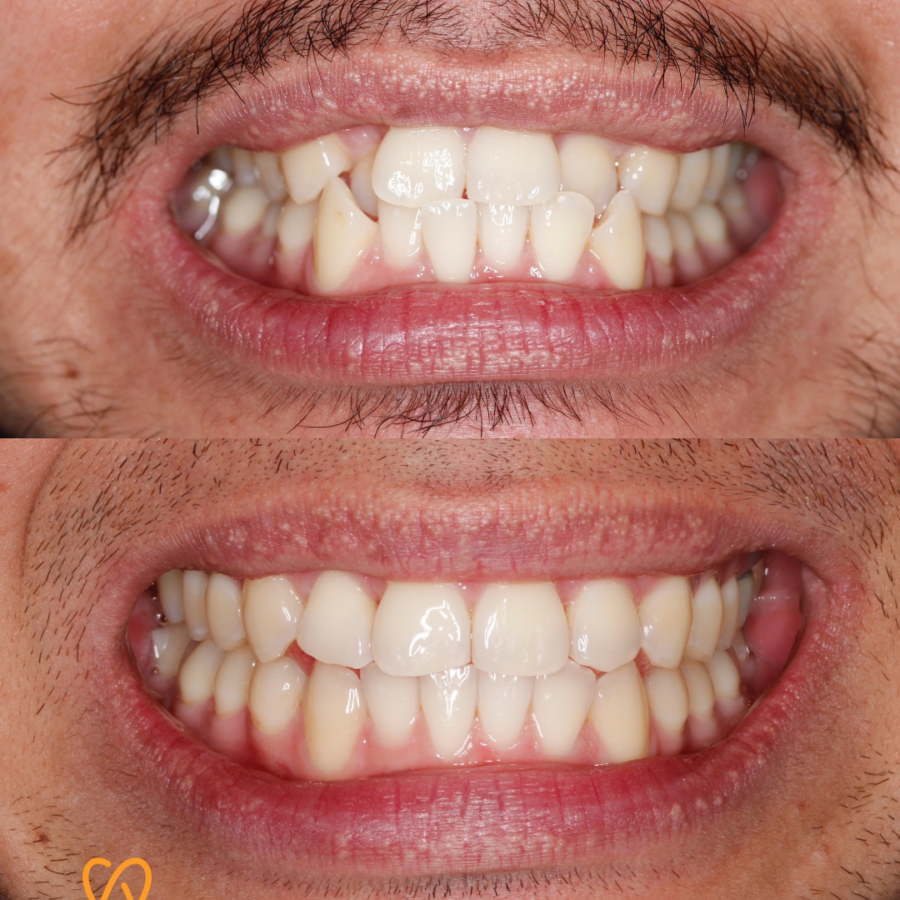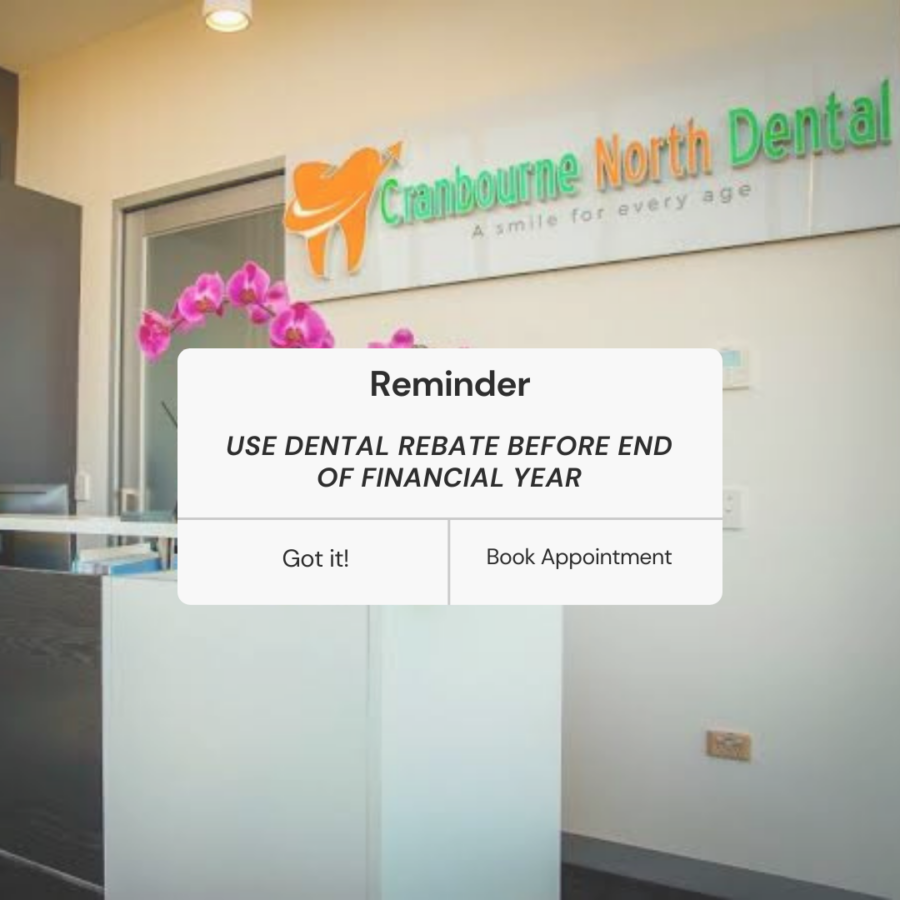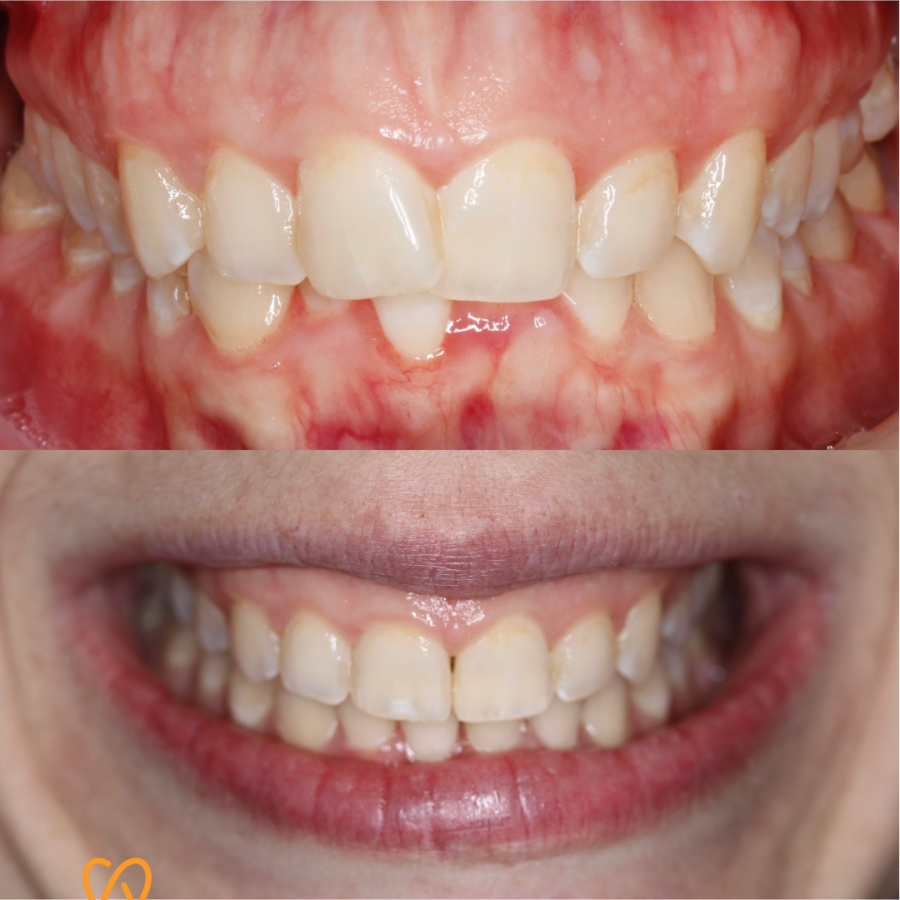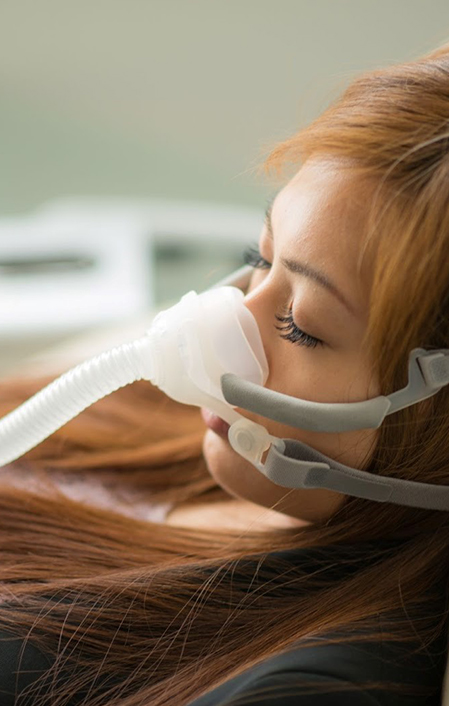
Why Does Sleep Apnoea Happen?
Sleep Apnoea occurs when the muscles in the throat relax too much during sleep, leading to a narrowed or blocked airway. This obstruction causes pauses in breathing, prompting the brain to wake you briefly to reopen the airway. These frequent disruptions prevent restful sleep and can lead to chronic fatigue and other serious health issues over time.
Recognising these signs early is essential for addressing the underlying problem.
Signs and Symptoms of Sleep Apnoea
Sleep apnoea can present with various different symptoms that may be disruptive to your life both during the day and overnight.
Recognising these signs is important in identifying the condition early.
Night-time Symptoms:
- Loud snoring, choking, or gasping sounds
- Frequent trips to the toilet during the night
- Restless sleep or night sweats
- Waking up with a dry mouth or sore throat
- Teeth grinding
Day-time Symptoms:
- Waking up feeling foggy, drowsy, or unrefreshed
- Persistent fatigue despite getting enough sleep
- Difficulty concentrating or memory issues
- Morning headaches, jaw, face, neck or shoulder pain
- Increased irritability or mood swings
- Reliance on caffeine to stay alert
- Falling asleep easily when inactive, such as during meetings or while watching TV
Signs of Airway Problems in Adults:
- Snoring/heavy breathing
- Choking/gasping in your sleep
- Grinding/clenching your teeth
- Jaw pain/Muscle pain (including headaches, neck pain, shoulder pain)
- Wear on your teeth
- Chipped/cracked teeth
- Mouth breathing
- Waking up with a sore throat/dry mouth
- Cracked, dry lips
- Undereye bags
- Tiredness/Fogginess in the morning
- Needing naps during the day OR a coffee/caffeine hit during the day
- Sleepiness whilst driving
- Falling asleep easily when inactive/resting
- Waking up in the night time to go to the bathroom
- Tossing and turning in sleep
- Reflux/Erosion
- Night sweats
It is important to note that Sleep Apnoea can happen in Children and must be identified early. Some signs of airway problems in children include:
- Grinding/clenching
- Bed-wetting
- Open-mouth breathing
- Forward head posture/Rounded shoulders
- Backward head posture when sleeping/Tummy sleeping
- Difficulty breastfeeding/painful breastfeeding
- Thumb-sucking/dummy dependence
- Poor sleep/restlessness/needing to co-sleep with mum and dad
- Hyperactivity/behavioural issues/concentration issues
- Dental crowding/ Narrow jaws
Effects of Sleep Apnoea
Untreated sleep apnoea can have serious and wide-ranging effects on your health. Repeated interruptions in breathing and lack of restful sleep can lead to significant physical and mental health issues.
Health Risks:
- High Blood Pressure: Around 45% of those with untreated sleep apnoea develop high blood pressure within four years.
- Heart Disease: The risk of heart attack doubles, and heart failure risk increases by 1.4 times.
- Stroke: Individuals with sleep apnoea have a 1.5 times higher risk of stroke.
- Diabetes: The condition can also contribute to the development of type 2 diabetes.
- Cognitive Impairment: Sleep apnoea can lead to memory loss, difficulty concentrating, and an increased risk of dementia.
Other Effects:
- Chronic Pain: Frequent headaches, neck and shoulder pain are common.
- Mental Health: There is a strong link between sleep apnoea and depression, anxiety, and irritability.
- Gastrointestinal Issues: Conditions like reflux (GORD) and irritable bowel syndrome (IBS) may worsen.
- Obesity: Sleep apnoea often contributes to weight gain, and obesity can further exacerbate the condition.
- Increased Mortality Risk: Severe untreated Sleep apnoea increases the risk of death within 10 years by one-third. Additionally, the likelihood of motor vehicle accidents rises 4-5 times due to drowsy driving.
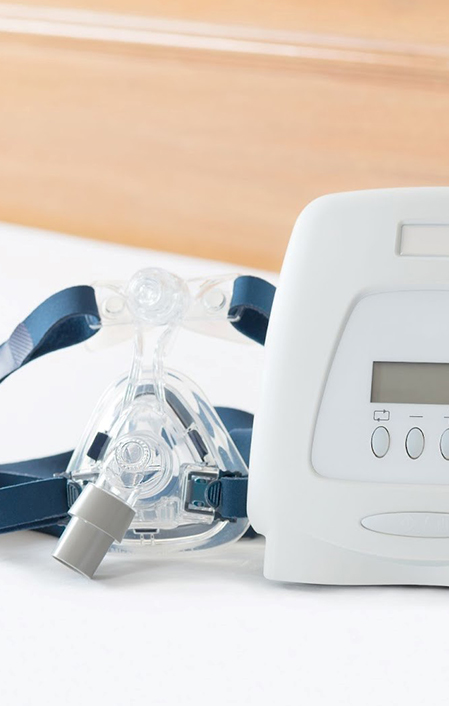
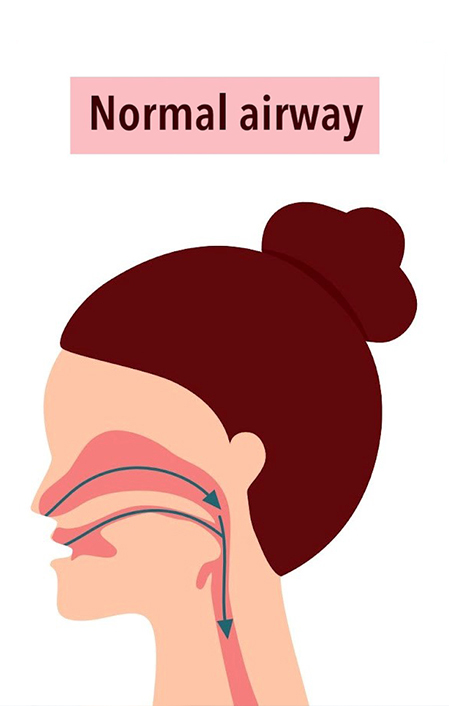
How is Sleep Apnoea Diagnosed?
Diagnosing sleep apnoea typically involves a sleep study, also known as polysomnography (PSG). This test monitors your sleep patterns, breathing, and oxygen levels to identify any abnormalities. The good news is that sleep studies can now be conducted in the comfort of your own home. Using portable equipment, you can record your sleep data from your bed, which is then analysed by a specialist to determine if sleep apnoea is present.
Treatment Options for Sleep Apnoea
Treating sleep apnoea often requires a multi-disciplinary approach. Here are some common treatment options:
Sleep Apnoea Mouth Guard
A mandibular advancement splint (MAS), is a custom-fitted device that repositions the lower jaw and tongue to keep the airway open during sleep. This can significantly reduce or eliminate breathing pauses.
Weight Management
Maintaining a healthy weight can reduce the severity of sleep apnoea.
Quitting Smoking
Quitting smoking can improve airway function and reduce symptoms.
Continuous Positive Airway Pressure (CPAP) Machine
A CPAP machine is a device that delivers a constant stream of air through a mask to keep the airway open during sleep, commonly used for more severe cases.
Orthodontics
In some cases, Orthodontic treatment in the form of braces, appliances, clear aligners (Invisalign™) or jaw surgery may aid with achieving a more ideal jaw structure which may help the airway along with other interventions.
Surgery
There may be times when an ENT Specialist may suggest some surgery to lessen the obstructions faced by your airway. Surgery alone is not usually sufficient and may be used as an adjunct to other treatment.
Positional Therapy
Techniques to prevent sleeping on your back, which can exacerbate airway obstruction.
Is Sleep Apnoea Disrupting Your Sleep and Health?
At Cranbourne North Dental, we understand the challenges that sleep apnoea can bring to your life. Our team is dedicated to providing compassionate, non-judgmental care tailored to your needs. We take the time to listen, ensuring that you feel comfortable and supported throughout your treatment journey. With our expertise in dental sleep medicine, we offer effective solutions like custom-fitted sleep apnoea mouth guards, designed to improve your sleep quality and overall health.
Take the first step towards better sleep—contact us today to schedule a consultation.
You can book a sleep consult with us online – by selecting the “Consult – Sleep / Snoring” option.
*Please note: All Sleep consults are currently performed by Dr Daniella Lim – however, all of our dentist are able to do an initial screening to determine if you are required to see Dr Daniella Lim.
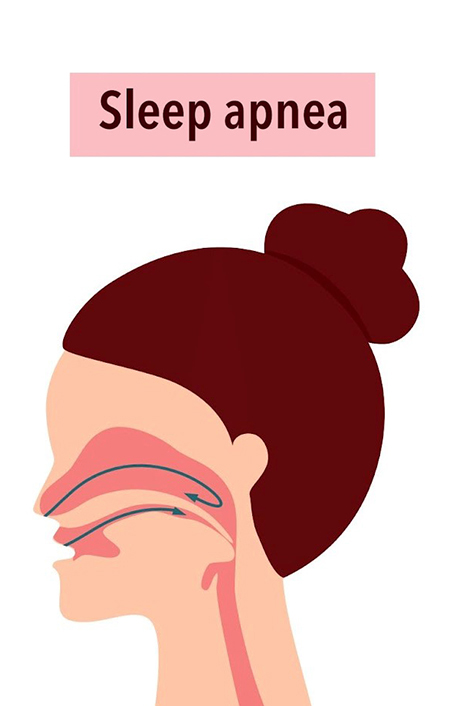
Call Us or Book Online Now
Common Problems
Frequently Asked Questions For Sleep Apnoea

Is Sleep Apnoea Hereditary?
Yes, sleep apnoea can have a genetic component. If close family members suffer from sleep apnoea, there is a higher likelihood of developing the condition. Other hereditary factors such as facial structure, neck circumference, and predisposition to certain conditions like obesity may also contribute to sleep apnoea.
Can You Die from Sleep Apnoea?
While sleep apnoea itself is not typically fatal, it can increase the risk of life-threatening conditions such as heart disease, stroke, and high blood pressure if left untreated. It is important to seek medical advice and explore treatment options to manage the condition and reduce health risks.
Is Sleep Apnoea Curable?
Sleep apnoea is generally a long-term condition, but it can be managed effectively with treatments such as Continuous Positive Airway Pressure (CPAP) machines, lifestyle changes, or, in some cases, surgery.
Does Bupa Cover Aleep Apnoea?
Bupa may cover some aspects of sleep apnoea treatment, depending on your policy and level of coverage. This may include costs related to sleep studies, CPAP machines, or consultations with specialists. It is recommended to check with Bupa or review your policy to understand the specific inclusions.

